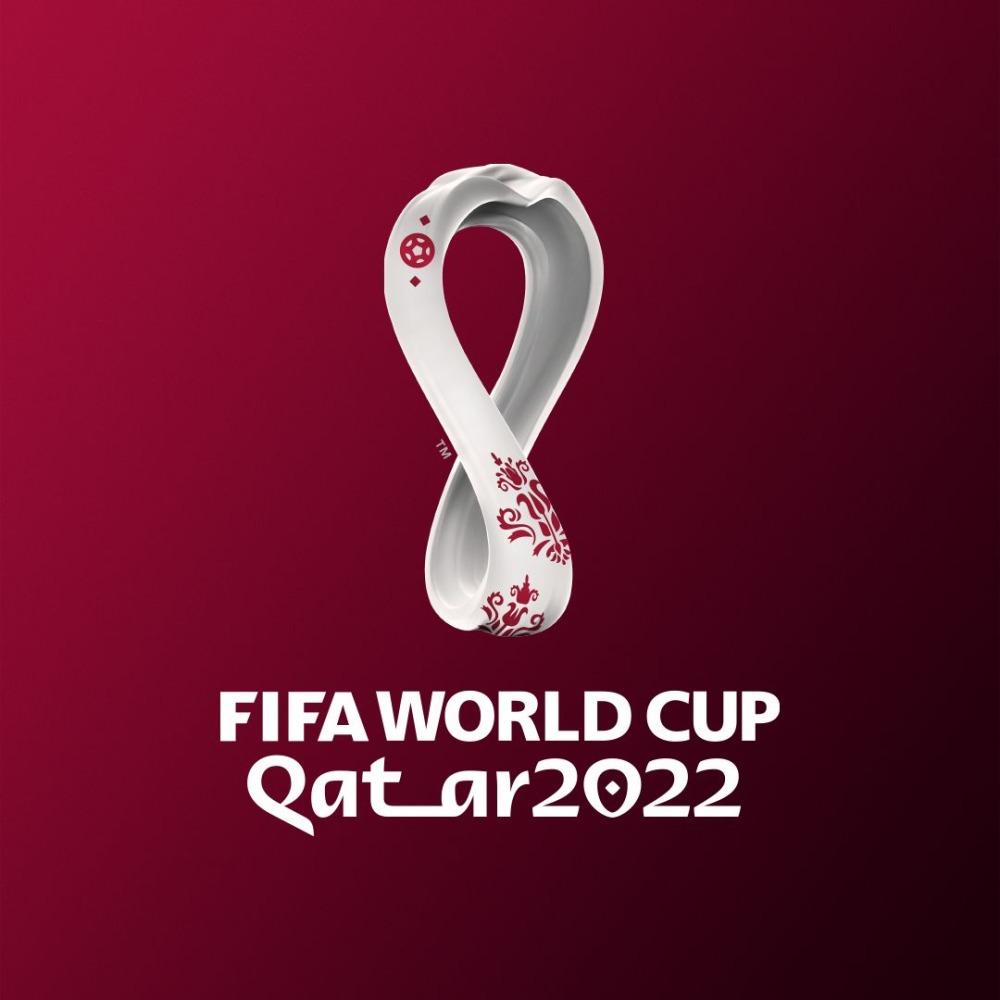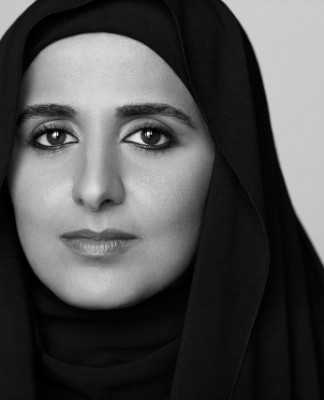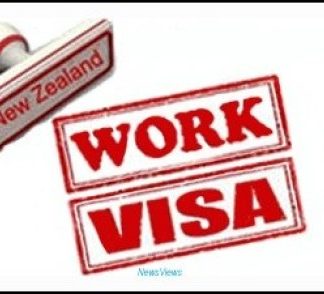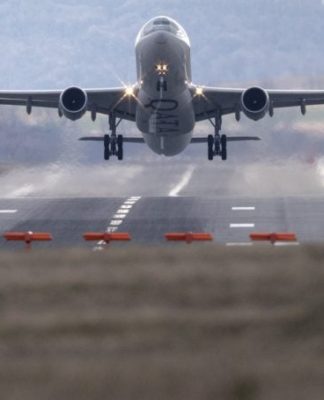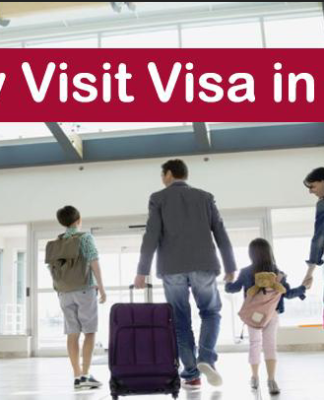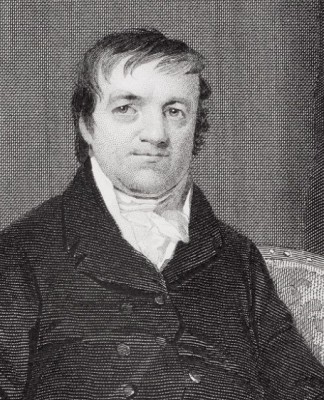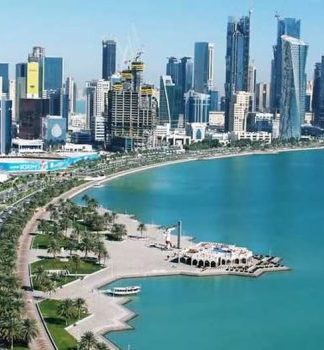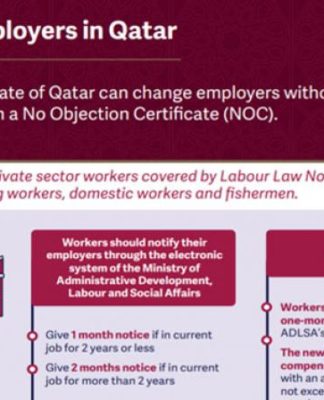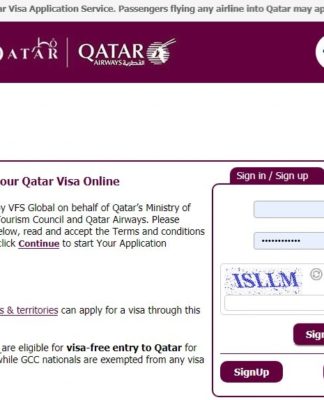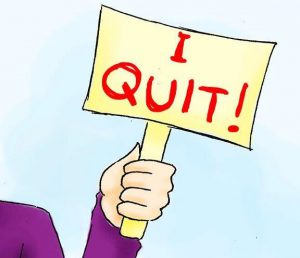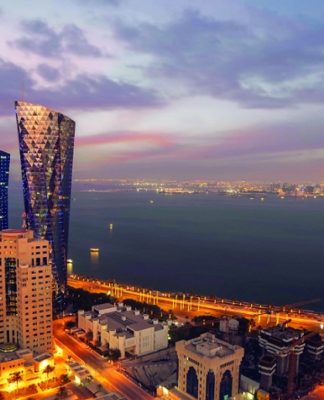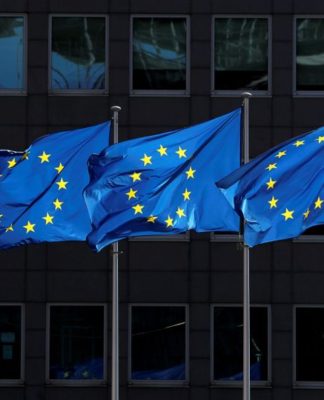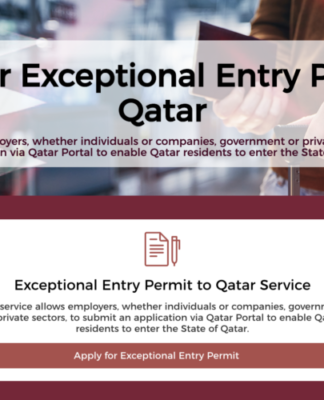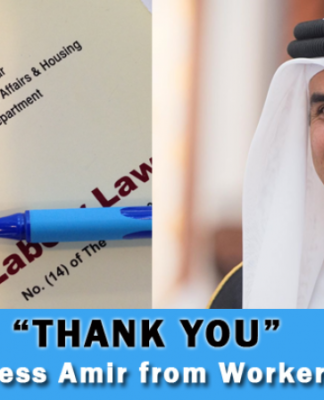Qatar is reviewing its investments in London after banning World Cup advertisements in transportation
November 26, 2022, 12:28 pm
Follow us:
alsharq
A+
A-
world Cup
Doha – East
The Financial Times said that Qatar began reviewing its investments in London after the city’s transport authority banned this week advertisements promoting the World Cup on buses, taxis and the metro system in the British capital.
The newspaper added that this comes after the Transport for London organization moved out of concern about Qatar’s stance on gay rights and its treatment of migrant workers, which angered Doha, which has become increasingly angry at criticism of it as the host of the soccer World Cup.
Read also
alsharq
On the second day of the tournament in Lebesir Square… great excitement with the World Cup
alsharq
The dazzling generation shares its experiences with the countries hosting the next editions of the World Cup
alsharq
Iran achieves an exciting victory over Wales and revives its hope of reaching the second round in the Qatar World Cup
In 2019, Mayor of London Sadiq Khan asked TfL to “review how it handles ads and sponsorships from countries with anti-LGBT laws” and this led to the suspension of new ads from 11 countries including Qatar, Pakistan, Brunei and Saudi Arabia.
Transport for London admitted on Friday that “some” advertisements for Qatar had since been shown on the network but moved to ban outright after an outcry this week, when European teams at the World Cup in Qatar were banned from wearing badges in support of LGBTQ rights.
Harrods department store in London owned by the Qatar Investment Authority
The person involved in the Qatar Review of London Investments said the transport authority, which Khan chairs, contacted Q22, the body overseeing the World Cup, and the Qatar Tourism Authority this week to inform them of the ban.
In response, Qatar was “reviewing its current and future investments” in London, and was “studying investment opportunities in other UK cities,” said the person involved in the review.
The person added that TfL’s ban “was interpreted as a message from the mayor’s office that Qatari businesses were not welcome in London.”
It is not clear what impact the review might have on Qatar’s investments in London.
Over the past two decades, it has become one of the largest investors in London with its $450 billion sovereign wealth fund.
The Qatar Investment Authority owns Harrods, the famous Shard building, and is a co-owner of Canary Wharf.
Qatar also owns the Chelsea Barracks, Savoy and Grosvenor House hotels and a 20 percent stake in Heathrow Airport.
In May, Qatar announced its intention to invest £10 billion over five years in the UK through the Qatar Investment Authority, including in the technology, healthcare, infrastructure and clean energy sectors.
A spokesman for Khan said the Labor mayor was not involved in day-to-day decisions related to advertising on the city’s transport network. A spokesman for TfL said it had provided “advertising and brand partners with further guidance” on acceptable advertising during the World Cup.
The Qatar media office and the Qatar Investment Authority declined to comment but the person involved in the Qatar report said Doha viewed the TfL ban as “another blatant example of the double standard and virtue that points to cheap political points being scored around the World Cup in Qatar”.
The business district of Canary Wharf in London owned by Qatar
They added that the dispute would not affect Qatar’s relationship with the Conservative-led UK government. The United Kingdom is seeking to secure long-term gas supplies from Qatar in the wake of the energy crisis caused by Russia’s invasion of Ukraine.
Qatar had launched a tourism advertising campaign in the United Kingdom in the run-up to the World Cup, with a focus on London, as it seeks to use the tournament to promote it.
Qatar’s leaders have become increasingly open in their response to criticism, particularly from European politicians and football federations, that has intensified in the run-up to the tournament.
Last month, His Highness Sheikh Tamim bin Hamad Al Thani, the Emir of Qatar, criticized what he described as an “unprecedented campaign” against his country.
He said in a speech he delivered in the Shura Council that it included “falsehoods and double standards that were so vicious that, unfortunately, they led many people to question the real reasons and motives behind the campaign.”














